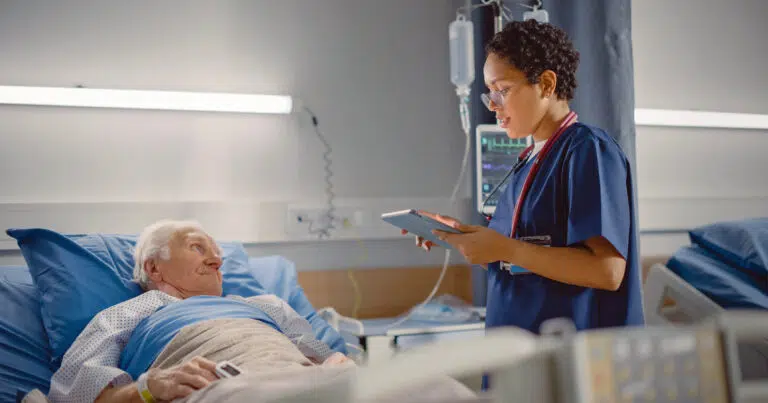Rapid Response Nurse Career Guide
Looking for a different career guide?
Overview
A Rapid Response RN is a critical member of the healthcare team who provides immediate care and intervention to patients experiencing a sudden decline in their condition. They play a pivotal role in assessing and stabilizing patients outside the intensive care unit, ensuring timely and effective interventions to prevent further deterioration.
Essential Job Functions:
Rapid Response RNs are trained to
Education
To become a Rapid Response RN, aspiring nurses must complete a formal nursing education program, such as an Associate Degree in Nursing (ADN) or a Bachelor of Science in Nursing (BSN) degree, from an accredited institution. After completing their education, candidates need to pass the National Council Licensure Examination for Registered Nurses (NCLEX-RN) to
Skills
Rapid Response RNs need a blend of technical skills and interpersonal abilities. Proficiency in assessing vital signs, administering medications and performing interventions like intubation or chest compressions is crucial. Strong communication skills are vital for effectively coordinating with the care team and providing updates to patients and families.
Responsibilities
The primary responsibility of a Rapid Response RN is to respond swiftly to emergency situations, assess the patient's condition and initiate appropriate interventions. They also play a role in preventing emergencies by identifying patients at risk and collaborating with the care team to implement preventive measures.
Salary Insights
The average salary for a Rapid Response Nurse is $2,127.21 per week.
Last updated on January 14, 2025. Based on active jobs on Vivian.com.
Pros & Cons
Becoming a Rapid Response RN offers several benefits. The role is dynamic and fast-paced, allowing nurses to make a direct impact on patient outcomes. It often comes with higher compensation and the opportunity to work in various healthcare settings.
However, the job can also be physically and emotionally demanding. Rapid Response RNs may encounter high-stress situations and challenging patient cases. The
Some of the content on this page was enhanced using artificial intelligence.
Join over 1 million healthcare workers that are getting a head start with Vivian.
Join Vivian







